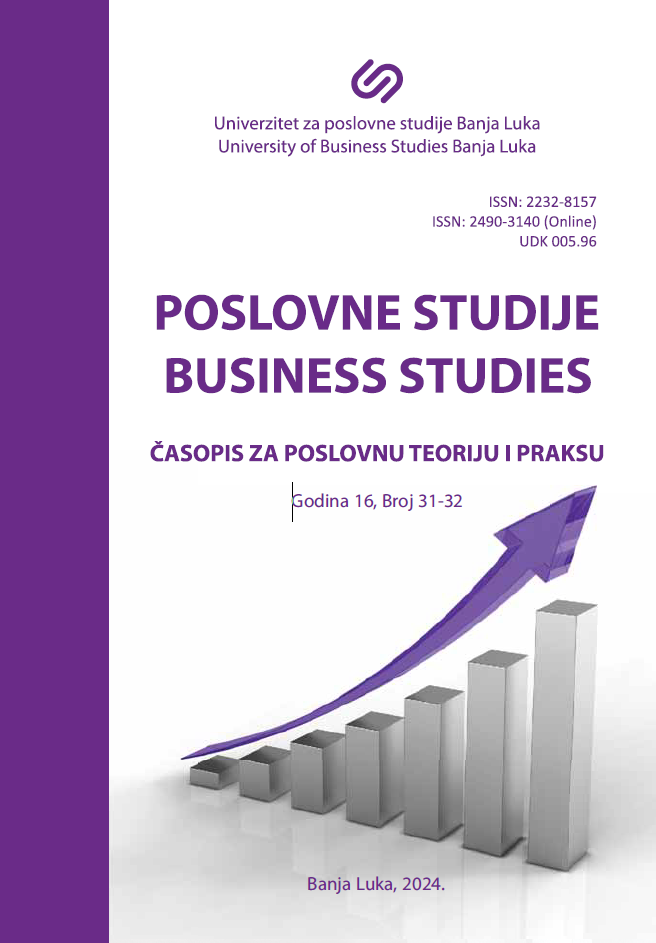CONFUCIANISM VERSUS CAPITALISM: CULTURE AS AN OBSTACLE AND/OR A STIMULUS TO THE ECONOMIC DEVELOPMENT OF NEWLY INDUSTRIALIZED ASIAN COUNTRIES
DOI:
https://doi.org/10.7251/POS2432093GAbstract
The paper focuses on the influence of different cultures and religions on the economic system and trade in general, as well as on the differences between Eastern and Western capitalism in light of the influence of Confucian ethics and Protestantism, in particular. The long-lasting debate was perhaps given the strongest impetus by the extraordinary economic success of first Japan, and then the Asian newly industrialized countries and China. Although capitalism originated in the West, its development in the East Asian region implies certain cultural similarities between Protestantism and Confucianism. The article claims that neither reductionism nor the endless mystification of cultural features is an effective means of distinguishing the complexity of the Confucian experience in relation to the practices attributed to capitalism. The author introduces the term Protestant entrepreneurship. While most analysts believe that Protestant capitalism is responsible for the development of capitalism in the world, the author advocates the opinion that each belief system in different parts of the world has a positive impact on the economic system, but with different timing, appearances, intensity and effects. It is obvious that culture and religion are losing their importance as determinants of domestic and international politics in the context of the pressures of globalization. This process weakens traditional values and social groups such as the broader family, religious groups, etc., and causes a convergence of cultures. It is considered that the homogenization of world culture, or the amalgamation of cultures, has begun.

